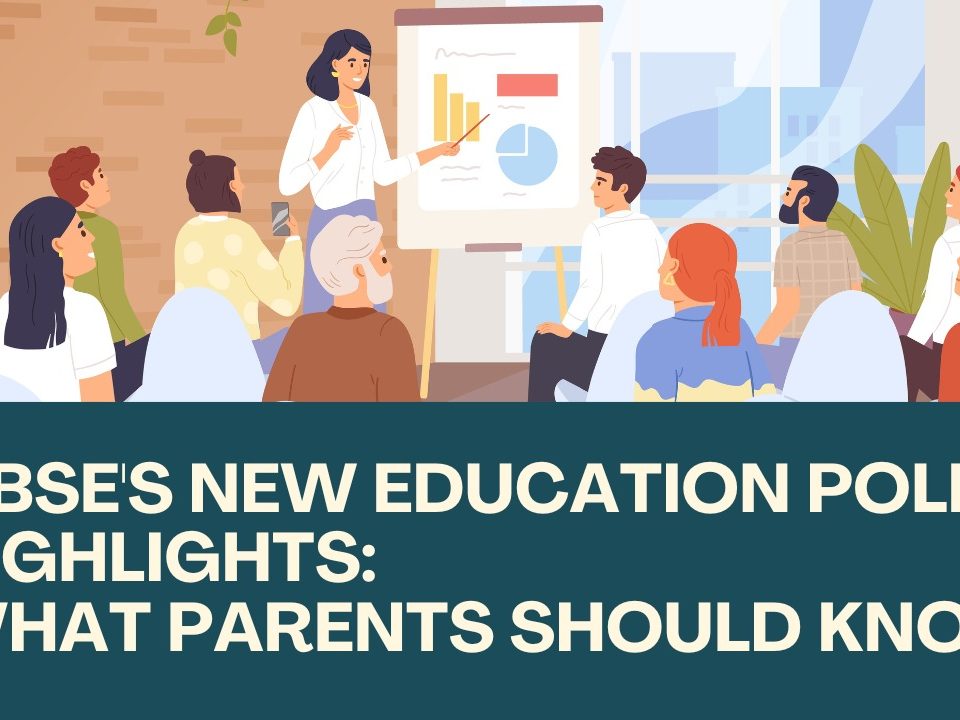How Ethics Taught in the Classroom Benefits School Children

Guide to Mastering Time Management for Students
November 28, 2023
Nurturing STEM approach; Student-Teacher Empathy at Sristi Global School
January 3, 2024In the bustling world of education, where facts and figures often take centre stage, there’s a quiet yet transformative force at work in classrooms across the globe—ethics education. Beyond its theoretical underpinnings, teaching ethics in the classroom offers a profound array of benefits, shaping not only the intellect but also the character of school children. Let’s delve into how ethics education becomes a beacon, guiding students towards a brighter and more compassionate future and how Sristi Global School implements these ethics in their students.
- Promotes Empathy:
Empathy is the thread that binds us all in the tapestry of human connection. Teaching ethics in the classroom is a powerful catalyst for the cultivation of empathy. Through engaging discussions that explore diverse viewpoints and experiences, students learn the art of stepping into someone else’s shoes. For example, when dissecting ethical scenarios, students may ponder the struggles and perspectives of characters in literature, history, or contemporary issues, fostering a deep understanding and compassion for others. This newfound empathy becomes a cornerstone for building harmonious relationships within the classroom and beyond.
- Encourages Respect and Tolerance:
Ethics education serves as a bridge across the diverse landscapes of beliefs, backgrounds, and cultures. As students navigate ethical discussions, they learn to appreciate the rich tapestry of human experience. Take, for instance, a classroom debate on cultural practices or ethical dilemmas. By delving into the complexities of moral frameworks, students not only broaden their perspectives but also cultivate a profound respect for the diversity that surrounds them. This respect is a potent antidote to prejudice and discrimination, fostering a classroom environment where every voice is heard, and every perspective is valued.
- Enhances Decision-Making Skills:
Life is a series of choices, and ethics education equips students with the compass to navigate this intricate terrain. Through ethical deliberations, students hone their decision-making skills. For example, when confronted with hypothetical scenarios, they learn to weigh the consequences of their choices and consider the ethical implications. This skill set extends beyond the classroom, empowering them to make informed decisions in personal relationships, career choices, and personal development. By marrying values and principles, students become adept navigators of the ethical compass that guides their journey.
- Encourages Responsibility:
Teaching ethics in the classroom instils a sense of responsibility in students—a recognition that their actions bear consequences. By grappling with ethical scenarios, students learn that they have an ethical duty to act in ways that align with their values. This understanding of responsibility transcends the classroom, shaping students into accountable individuals in their personal and social spheres. For instance, discussions on ethical obligations in group projects prompt students to recognise their role in contributing positively to the collective effort.
- Prepare for Future Challenges:
Life is rife with ethical dilemmas, and through ethics education, students are equipped with the tools to navigate these challenges confidently. Students gain the confidence to address complex moral dilemmas in their personal lives, careers, and societal contributions by engaging in discussions on real-world ethical issues. This preparation provides them with a solid foundation to navigate the intricate web of moral choices they will undoubtedly encounter in the future.
- Builds Stronger Relationships:
At the heart of ethical principles lie the values of trust, honesty, and fairness. Ethics education, therefore, becomes a cornerstone for building and maintaining robust relationships. Internalizing ethical principles helps students communicate, resolve conflicts, and address issues in ways aligned with their ethical values for effectiveness. This, in turn, fosters a classroom environment and broader social circles built on trust, mutual respect, and understanding.
- Service Learning:
Ethics education transcends theoretical discussions, encouraging students to apply ethical principles in real-world scenarios actively. Engaging in community service fosters social responsibility, empathy, and positive contributions, shaping students into compassionate individuals dedicated to society. Service learning projects expose students to social issues, nurturing a commitment to make a positive impact on the world
In conclusion, teaching ethics in the classroom is more than an academic exercise—it’s a transformative journey that shapes the character, values, and future of students. As educators, parents, and society at large, Sristi Global School recognizes and embraces the profound impact of ethics education, for it is through this compass that we guide the leaders and compassionate individuals of tomorrow.




